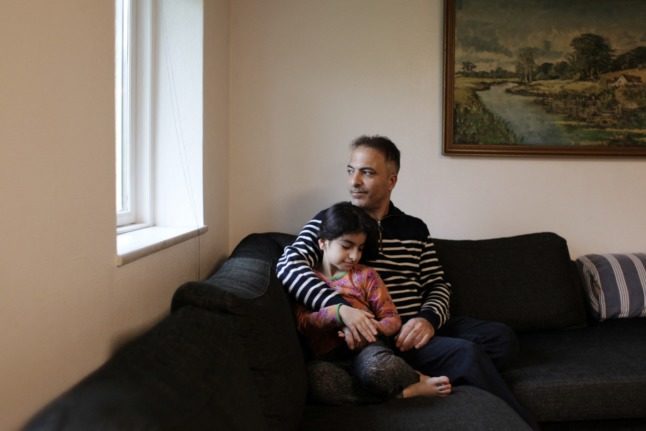Federal prosecutors suspect the man of beating and torturing men arrested by the Syrian regime while working as a doctor in the hospital in the city of Homs, a report in Spiegel magazine Friday said.
The federal prosecutor's office in the southwestern city of Karlsruhe declined to comment when approached by AFP.
The man, identified only as Hafiz A., reportedly moved to Germany in 2015 and now lives and works as a doctor in the state of Hesse.
READ: Germany plans to deport 'dangerous' Syrian criminals
Two witnesses told investigators that the man and a colleague withheld medication from an epileptic patient and then forced him to take a pill that caused his condition to rapidly deteriorate.
The doctor and other men finally beat the patient to death, the witnesses have alleged. His family is said to have found his body the next day with bloody wounds on his face and holes in his skull.
Two further witnesses, former doctors at the military hospital, said the man had also intentionally operated on an opponent of the regime without anaesthetic.
He is also alleged to have poured alcohol onto another man's genitals and then set him on fire.
The accused has informed his lawyer that he denies all the accusations, the report said.
According to the UK-based Syrian Observatory for Human Rights monitoring group, at least 60,000 people have been killed under torture or as a result of terrible conditions in detention centres since the start of the uprising against Syrian president Bashar al-Assad in March 2011.
In April, the first court case worldwide over state-sponsored torture by the Assad regime opened in Germany.
The two defendants are being tried on the principle of universal jurisdiction, which allows a foreign country to prosecute crimes against humanity.
Germany has taken in more than 700,000 Syrian refugees since the start of the conflict.



 Please whitelist us to continue reading.
Please whitelist us to continue reading.
Member comments